Exploring OCD Treatment Options Near Me: Finding Relief and Support
Introduction:
Obsessive-Compulsive Disorder (OCD) can significantly impact a person's daily life, causing distressing thoughts and repetitive behaviors. If you or someone you know is seeking OCD treatment options near you, it's essential to explore the available resources for support and relief. In this blog post, we will discuss various OCD treatment options, including therapy, medications, and support groups, to help you make informed decisions in finding the most suitable treatment approach that aligns with your needs.
Therapy for OCD:
a. Cognitive Behavioral Therapy (CBT): CBT is widely recognized as one of the most effective treatment options for OCD. This psychotherapy approach helps individuals identify and challenge unhealthy thought patterns and behaviors. Seeking out therapists who specialize in CBT for OCD can provide you with the necessary guidance and techniques to manage your symptoms effectively.
b. Exposure and Response Prevention (ERP): ERP is a specialized technique within CBT that focuses on exposing individuals to their obsessions and preventing the associated compulsive behaviors. Through gradually facing their fears without engaging in rituals, individuals can lessen the anxiety and interrupt the cycle of OCD.
Medication for OCD:
a. Selective Serotonin Reuptake Inhibitors (SSRIs): SSRIs are commonly prescribed medications that can help reduce OCD symptoms. They work by increasing serotonin levels in the brain, which can alleviate anxiety and obsessions. Consult with a psychiatrist or medical professional to explore medication options and determine if SSRIs are suitable for you.
b. Other Medications: In some cases, psychiatrists may prescribe other medications, such as tricyclic antidepressants or antipsychotics, to augment the effects of SSRIs or when SSRIs alone are insufficient. These medications target specific symptoms and can be discussed with your healthcare provider.
Support Groups for OCD:
a. Local Support Groups: Joining local support groups for individuals with OCD can provide a valuable sense of community and understanding. These groups often meet regularly and offer a safe space to share experiences, gain insights, and obtain support from individuals who are navigating similar challenges. Mental health organizations or online directories can assist in locating local support groups. (Please note - our office has an interest form for an OCD group, you can request to be placed on the list by contacting us here.)
Self-Help Resources:
a. Books and Online Materials: Numerous self-help books and online resources are available, providing strategies, coping mechanisms, and insights into understanding OCD. These resources can complement therapy and help individuals gain a deeper understanding of their condition.
b. Mobile Apps: There are also smartphone applications specifically designed to support individuals with OCD. These apps may include tools for tracking obsessions and compulsions, relaxation exercises, and guided activities to promote well-being and symptom management.
When seeking OCD treatment options near you:
Consult Healthcare Professionals: Reach out to mental health professionals, including therapists, psychologists, and psychiatrists, who specialize in OCD treatment. Their expertise can guide you towards evidence-based treatment options and tailored approaches that suit your specific needs.
Research Online: Utilize online directories, mental health organization websites, and search engines to identify treatment options near you. Read reviews, check qualifications and experience of practitioners, and gain a better understanding of the approaches they offer. The IOCDF website is a great place to start.
Mental Health Organizations: Local mental health organizations often provide information, resources, and recommendations for treatment options. They can guide you towards reputable professionals and support services in your area.
Peer Recommendations: Connect with individuals who have undergone treatment for OCD, whether through local support groups or online forums. Their personal experiences and recommendations can provide valuable insight into treatment options and help you make more informed decisions.
Conclusion:
When seeking OCD treatment options near you, it's crucial to understand the range of choices available. Therapy, medications, support groups, and self-help resources can all play essential roles in managing OCD symptoms and reclaiming control over your life. By exploring these treatment options and seeking professional guidance, you can embark on a path towards relief, support, and greater well-being. Remember, finding the right treatment approach may involve a combination of different strategies tailored to your specific needs, so don't hesitate to explore various options and reach out for help.
Looking to get support from an OCD specialist? Schedule a free treatment consultation with one of our providers today!
